In an ideal world, you would eat whatever you want to eat and still stay healthy right? Unfortunately, that is not the case, however every day there are new supplements introduced which are meant to complete your diet with vitamins, minerals, proteins and more. This raises the question, is it possible to use supplements to stay healthy even when you are eating unhealthily?
A bit of history
Before we get into this matter, it should be common knowledge that the perfect way of living healthy is by getting your nutrients, vitamins and minerals from real foods. When you eat all the right foods you don’t need supplements. But it may not seem so simple. Over the years of intensive farming, environmental issues and poisons squirted on the plants to stop insects, foods are losing their richness of nutrients. A well-balanced diet of a decade ago compared to the exact same foods today, will show a difference in nutrients. In other words, the carrot of 1980 was more nutritious compared to the carrot of today.
Rise of supplements
Supplements such as multivitamins therefore do have some ground to stand on. Furthermore, certain groups of people can be in the need of a supplement. For example, people who do not expose themselves to enough sunlight could benefit from a Vitamin D supplement. Bodybuilders, who need a lot of fast proteins to recover, may benefit from a protein powder. Also, pregnant women could take folic acid and iodine supplements, this tends to reduce the risk of birth defects. Therefore, supplements are definitely useful, unfortunately many researches show that supplements are not strong enough to substitute healthy foods.
Clinical studies
For example, one research regarding chronic periodontal showed that the test subjects who took vitamin D and calcium supplements had better periodontal health but still needed a healthy diet as strong base for the supplement.
Another research regarding multivitamins and the effect on intelligence and performance amongst children showed significant improvements regarding I.Q. Unfortunately, multivitamin supplements did not affect the verbal tests and therefore, do not have the ultimate effects.
Last but not least, mayo clinics states that supplementation can not be a substitute for healthy whole foods due to the complexities of whole foods and the micronutrients involved. Furthermore, whole foods contain essential fibres which, when part of a healthy diet, help prevent vascular diseases like diabetes and heart disease.
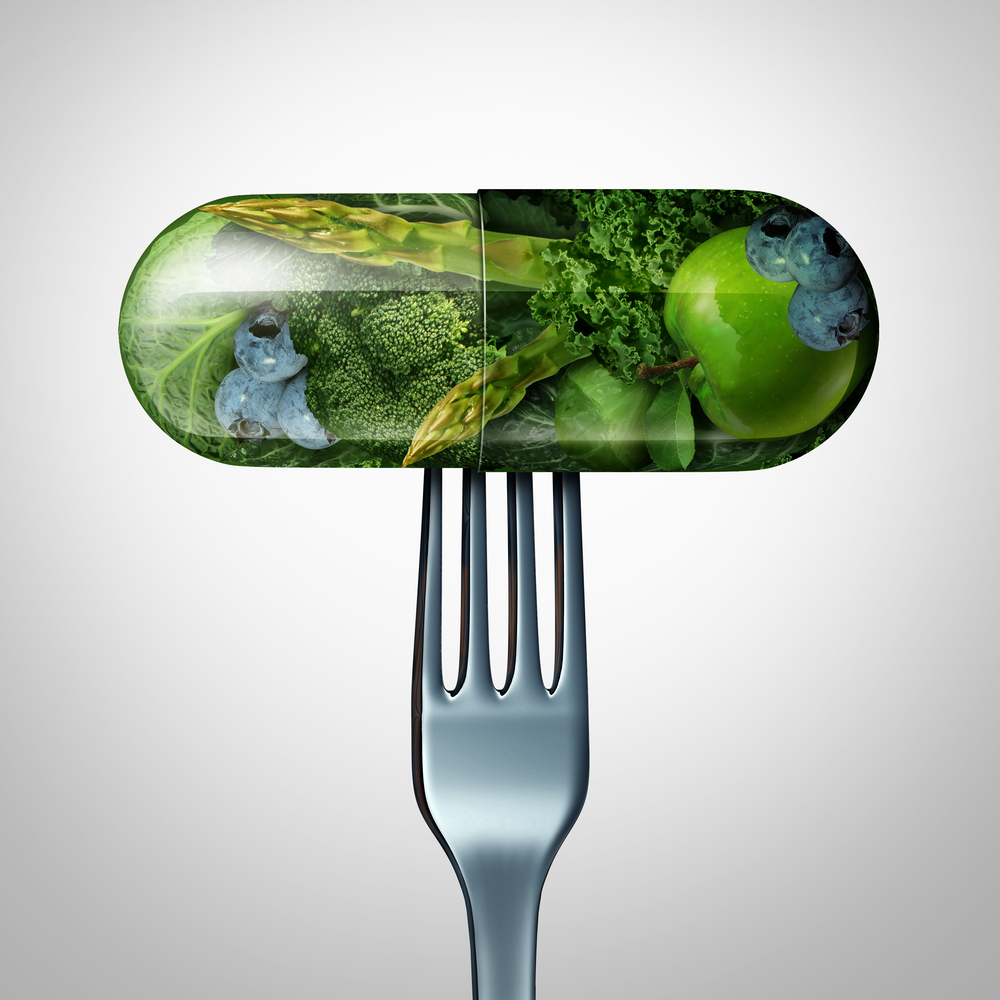
Supplements and unhealthy diet
Let’s recap what we know, supplements can definitely have positive effects and improve your health. But we cannot ignore the fact that they are called supplements and not substitutes, simply, because they cannot substitute whole foods due to the complexities, micronutrients and essential fibers which whole foods contain.
Therefore, we can conclude that supplements are in fact useful to add onto a healthy diet but definitely cannot compensate an unhealthy diet. Nevertheless, you should try to track your nutrition for a week and see what vitamins, minerals and macronutrients you are missing out on. Maybe you are lacking on some parts of your diet where a supplementation could be very useful or even highly necessary.
Written by Sven Nicholson | Online Personal Trainer @ www.healthychanges-pt.com
Sources used
https://www.scientificamerican.com/article/soil-depletion-and-nutrition-loss/
https://aap.onlinelibrary.wiley.com/doi/abs/10.1902/jop.2009.090077
https://www.sciencedirect.com/science/article/pii/019188699190287L
https://www.mayoclinic.org/healthy-lifestyle/nutrition-and-healthy-eating/in-depth/supplements/art-20044894
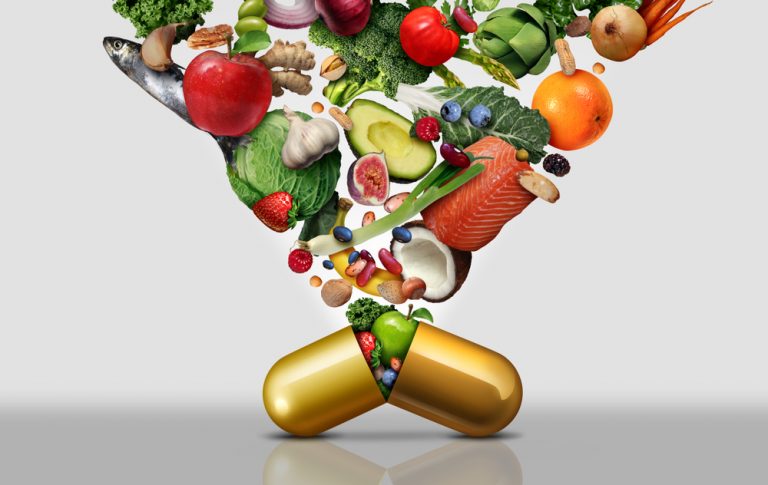
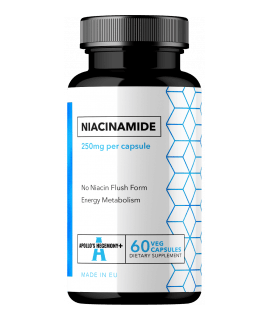
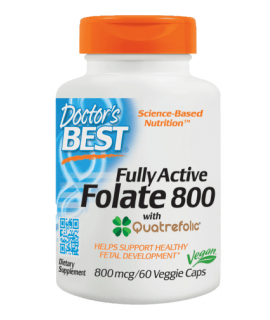
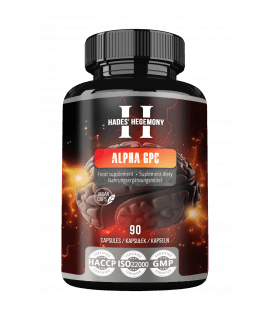
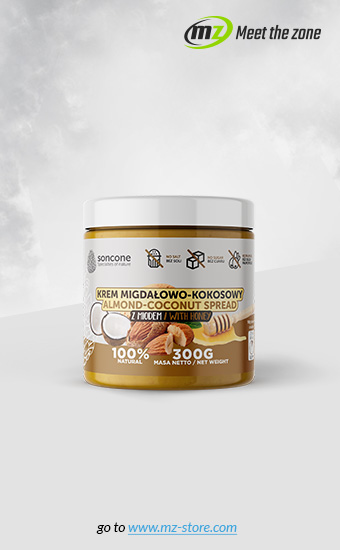

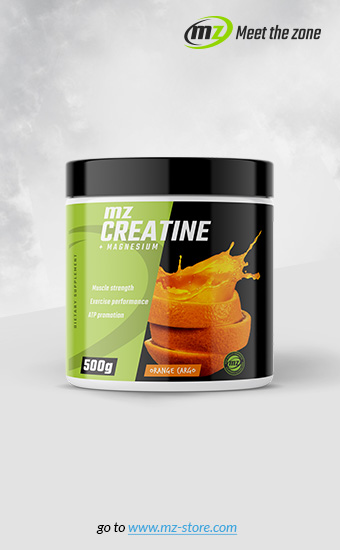
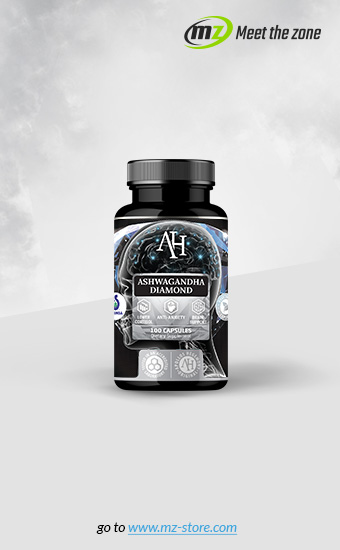
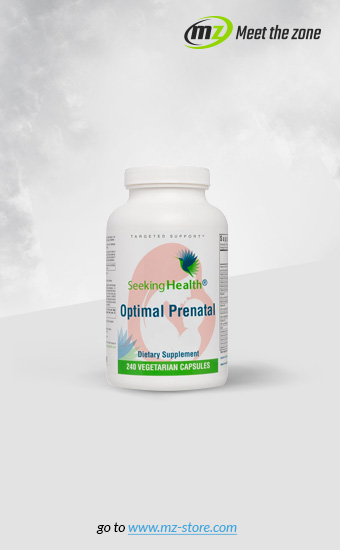

One Comment